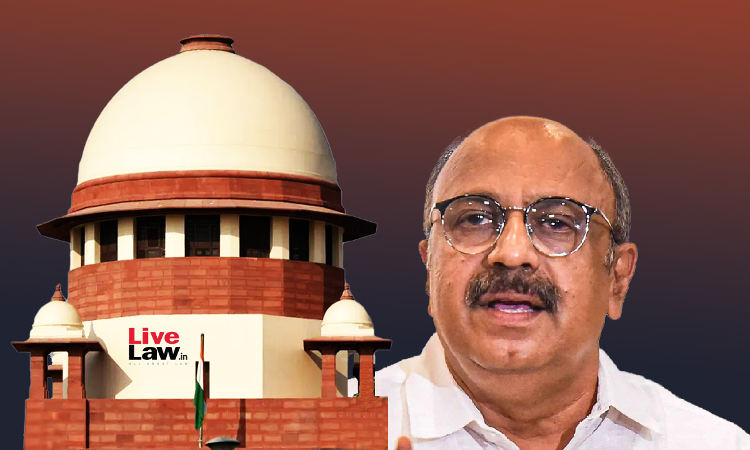 |
|
The Supreme Court of India delivered a significant ruling on November 19th, granting anticipatory bail to prominent Malayalam actor Siddique in a rape case. This decision, while seemingly straightforward, unveils a complex legal battle marked by significant delays, conflicting accounts, and intense scrutiny of the complainant's actions and the accused's influence within the Malayalam film industry. The case highlights the intricate challenges faced in prosecuting sexual assault cases, particularly those involving prominent figures and considerable time elapsed since the alleged offense.
The crux of the matter lies in the eight-year delay between the alleged rape in 2016 and the filing of the First Information Report (FIR) in August 2024. This delay became a central point of contention during the legal proceedings. The defense, represented by Senior Advocate Mukul Rohatgi, argued that the complainant's decision to publicly accuse Siddique on Facebook in 2018, yet refrain from approaching the police for six more years, cast serious doubts on the credibility of her allegations. The court's observation regarding the complainant's choice to utilize Facebook as a platform for her accusations, while delaying police involvement, significantly influenced the decision-making process. This observation underscores the legal intricacies involved in evaluating the validity and timeliness of complaints in such sensitive cases.
The defense also highlighted the complainant's alleged inconsistencies in her statements and the potential for bias stemming from existing tensions between two prominent organizations within the Malayalam film industry: the Association of Malayalam Movie Actors (AMMA), of which Siddique was an office bearer, and the Women in Cinema Collective (WCC), to which the complainant belonged. These claims suggested a possible motive for a politically motivated complaint, further complicating the already challenging aspects of the case. The suggestion of friction between these organizations further fueled speculation about the timing and nature of the complaint, adding layers of complexity to an already sensitive situation.
The prosecution, represented by Senior Advocate Ranjit Kumar, countered by contextualizing the delay within the larger framework of the Justice Hema Committee report, published in August 2024. This report exposed a pattern of sexual exploitation and harassment within the Malayalam film industry, providing a potential explanation for the complainant's delayed reporting. The argument suggested that the report's release emboldened victims to come forward, potentially explaining the delayed complaint. The court's consideration of this broader context demonstrates the nuanced understanding needed when dealing with cases involving long delays and sensitive social factors.
The court's decision to grant anticipatory bail, while acknowledging the serious nature of the allegations, reflects a careful consideration of various factors. The justices emphasized the need for Siddique to cooperate fully with the ongoing investigation and adhere to all conditions imposed by the trial court. This demonstrates a judicial commitment to fairness while maintaining a cautious approach, given the potential for influence and power dynamics within the film industry.
The case highlights a broader discussion about the challenges faced by victims of sexual assault in coming forward, particularly in industries where power imbalances are prevalent. The contrasting viewpoints presented by the prosecution and defense highlight the intricacies of navigating such cases, emphasizing the importance of balanced legal proceedings that carefully weigh the complexities of each situation. The eight-year delay, the complainant's use of social media to make allegations, and the power dynamics within the Malayalam film industry all played crucial roles in shaping the outcome of the case.
While the Supreme Court's decision grants Siddique anticipatory bail, it does not absolve him of the allegations. The case proceeds to trial, and the truth of the accusations will be determined through a thorough investigation and legal process. The outcome of this case will undoubtedly have significant ramifications for the Malayalam film industry and set a precedent for future cases involving similar complexities and delays. The case serves as a stark reminder of the challenges in prosecuting sexual assault cases, particularly when they involve powerful individuals and are reported after considerable time has passed.
